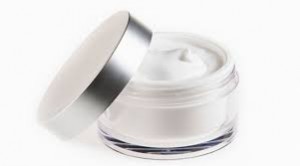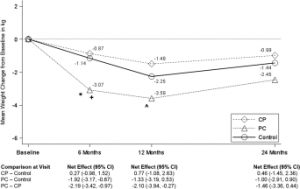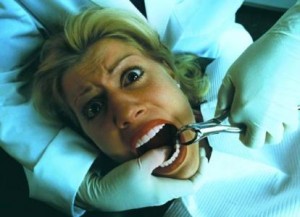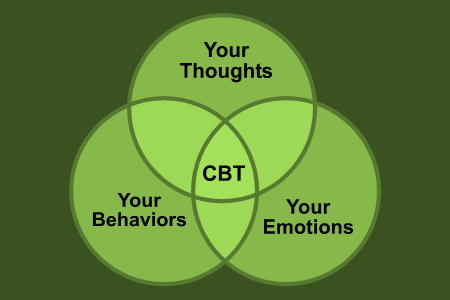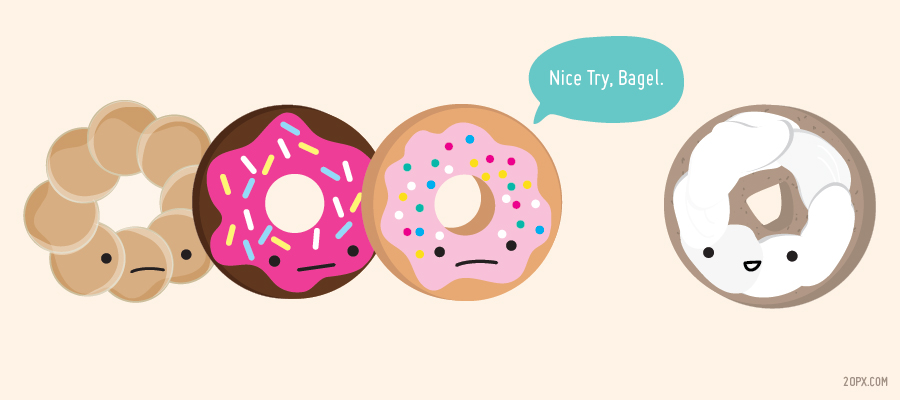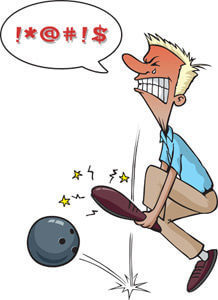I spend more time then I’d like on Facebook. In the morning, while trying to get up out of bed, I’ll check Facebook. While waiting in any line, I’ll check Facebook. While I’m at home writing a blog post, I’ll check Facebook. I check Facebook a lot. I’d honestly like to use it less. I think it’s a waste of time. In the interest of science, I decided to check if it was actually a waste of time. As it turns out, it is actually beneficial.
The original face book.
I found a study from Elsevier titled “Social networking sites and cognitive abilities: Do they make you smarter?” At first with that title I assumed I’d find a study confirming our parent’s negative attitude towards millennials- that we are wasting our time on Facebook and should be doing our homework. But, the abstract confirmed that the opposite was true.
As it turns out, social networks not only increase levels of social connectedness (duh), but people who use them they tested higher in working memory, verbal ability, and spelling, but not math. At first I was surprised by these results. How could mindlessly scrolling through wedding pictures, vacation pictures, angry posts about Donald Trump, kindhearted statuses about people’s days, you get the idea… how could that seemingly useless task I use to pass the time, be helpful? I decided to look at the study through a fine toothed comb.
First, the researchers found a UK high school they felt was nationally representative- essentially they looked at test scores, to determine general intelligence, and free school meals- to control for socio-economic status. They selected 104 of these high school students (I assume in a random sample because it doesn’t say) between the ages of 12 and 18, and tested them. They were tested using various attainment tests (essentially like every test you took in high school) and an IQ test (which the study concluded was unaffected by Facebook use). The attainment tests tested verbal ability, working memory, learning outcomes, and a social connectedness scale. Afterwards, they were surveyed on their tech use, specifically on how long they used social media and YouTube.

The average UK high school.
This data was then used to answer three questions about social media use as it relates to cognitive ability and social connectedness. They compared the results of those who had been using Facebook longer and found they did better than those who had been using it for less than a year. They also compared frequency of specific Facebook activities to related scores on the various tests and found that no specific Facebook actions, like posting or chatting, had significant effect on test scores. It was using Facebook as a whole that contributed to the higher scores.
This study was full of data. At first, I was concerned by the number of people in the study. 104 is not a lot. I was also confused by the results because they seemed contrary to what made sense. But I thought about it. Some schools are not that big. The school they found may have been small, but nonetheless a good random and unbiased sample of UK school kids. I also considered the results. The results indicated there was no difference in IQ or math scores. Which makes sense. There is no math on Facebook and doing any simple activity is not going to affect your IQ. All that did increase were skills directly related to what you do on Facebook.

A typical user hard at work.
The paper itself admitted that a working memory activity was very similar to using Facebook. In a working memory activity, a participant has to process and manipulate information and use it to guide their next action. The same is true of Facebook. A user sifts through a lot of information and processes and manipulates it to decide whether to comment, continue reading, or move past it. Based on this, the fact that YouTube (which they essentially used as a control) had no real effect on anything, and the knowledge that overuse of Facebook eventually has a negative effect on GPA, I was satisfied with the study.
I am now happy to know that Facebook, while seemingly mindless, has a positive effect on those that use it. So, it is not a complete waste of time and in a way it does make people smarter. Moving forward, I wonder what the results of a larger study would be. Would Facebook still be seen as helpful? Furthermore, how would Facebook use compare to websites like Reddit or Tumblr? All I know is, it seems probable that every waste of time may have some benefit after all.
Photo Links: http://bespokebug.com/wp-content/uploads/2016/01/Necronomicon-dead-skin-mask-book-cover-975×1204.jpg
http://az616578.vo.msecnd.net/files/2016/07/01/6360301337384476291643848570_hogwarts%20.jpg
http://i.huffpost.com/gen/1143446/images/o-FACEBOOK-USER-NUMBERS-facebook.jpg




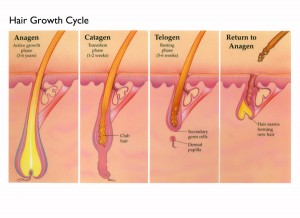




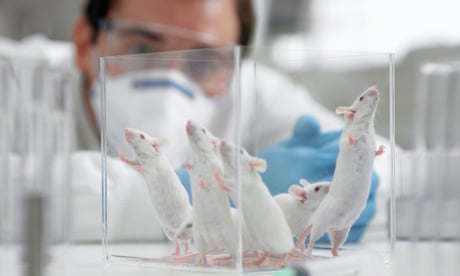

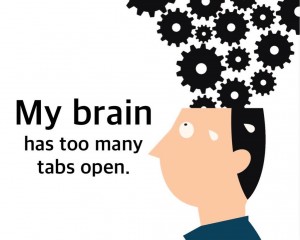

 ll building or structure to see the amazing views they may facilitate and as soon as you reach the edge you feel like your stomach just drops to the ground.
ll building or structure to see the amazing views they may facilitate and as soon as you reach the edge you feel like your stomach just drops to the ground. and partly free hanging. They placed a table cloth over the table and then a piece of Plexiglas over the entire structure. It created the illusion that there was a four foot drop from the table to the floor, but in reality the piece of glass creates a stable surface area over the entire apparatus. They then placed infants who have reached the crawling faze and recorded their reaction in regards to the “visual cliff”.
and partly free hanging. They placed a table cloth over the table and then a piece of Plexiglas over the entire structure. It created the illusion that there was a four foot drop from the table to the floor, but in reality the piece of glass creates a stable surface area over the entire apparatus. They then placed infants who have reached the crawling faze and recorded their reaction in regards to the “visual cliff”.


